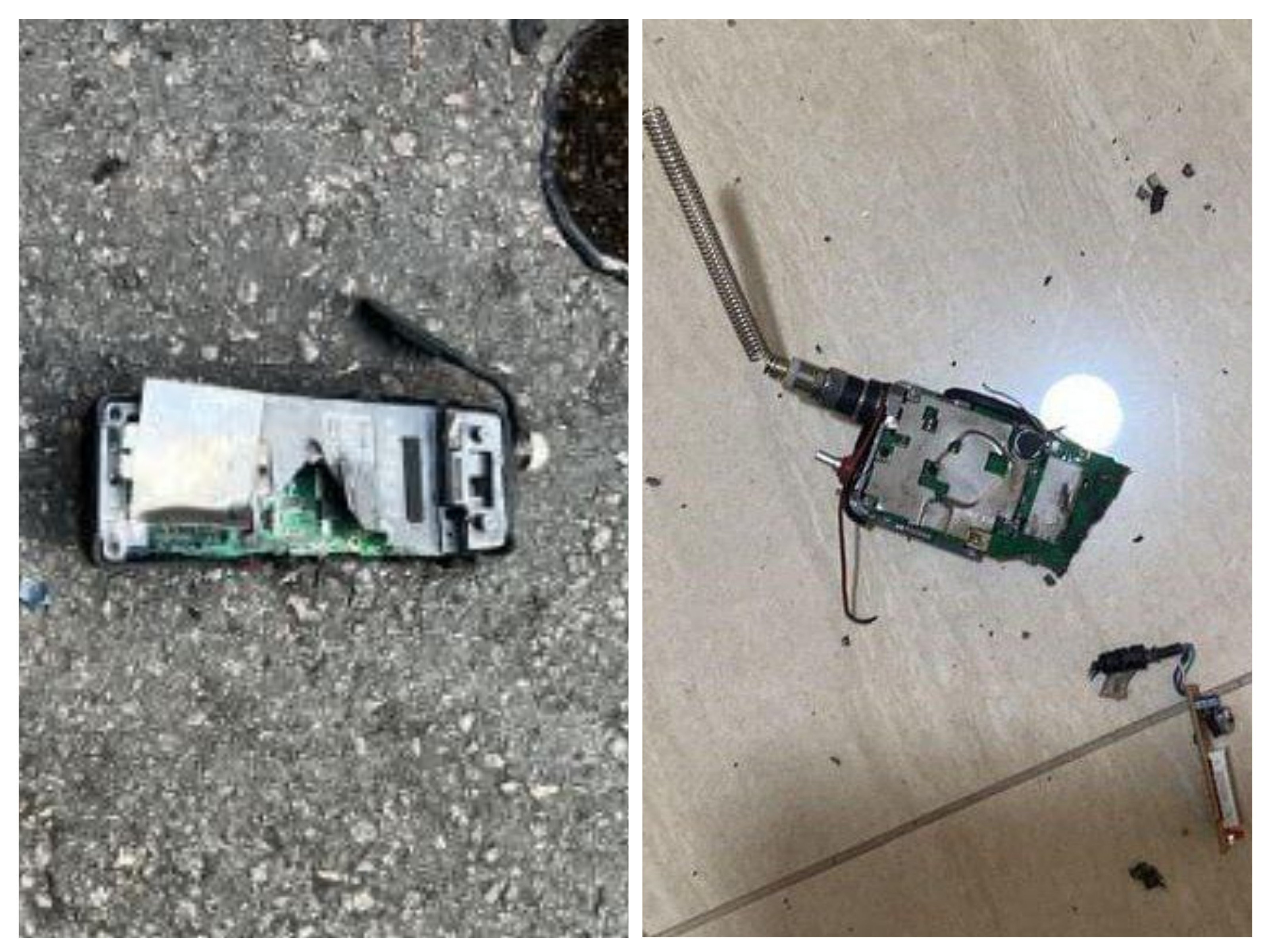I'm kind of guessing, from the strength of the explosion in the video -- it really was a small explosion, not bursting into flames -- that somehow rigged pagers were inserted into Hezbollah's equipment prior to distribution to operatives.
But if this was, instead, some kind of remote software compromise of battery management system firmware for lithium batteries, now I have one more thing to worry about in my life, with all the devices with lithium batteries I have.
looks warily at laptop on my chest
EDIT: Strengthening my concerns, in the CNN article I linked to in my other comment, the devices were termed "hacked" by Lebanese internal security forces. Now, okay, that's a report immediately after the event, and I don't know how much time they have had to actually do analysis. Or if they're right. But:
NNA reported that “hacked” pager devices exploded in the towns of Ali Al-Nahri and Riyaq in Lebanon’s central Beqaa valley, resulting in a significant number of injuries. The locations are Hezbollah strongholds.
...it sure doesn't assuage my concerns at all. Even if you couldn't make a BMS discharge lithium batteries hard enough to explode, you definitely can make them do so hard enough to make a pretty unpleasant fire. You do that with numerous laptop-sized devices all over a country, that'd potentially be a pretty unpleasant event.
sighs
Maybe it's possible to mandate that lithium-ion devices conforming to some sort of safety certification standard, like UL or something, have non-updatable-firmware hardware putting a physical limit on discharge rate. I don't think that that'd add too much cost or too many restrictions to devices.
EDIT2: From this YouTube video, it sounds like as long as you're not using sketchy battery cells in the device you're building, that battery manufacturers already take this into consideration via a blowout hole:
Even in the event of a short circuit, genuine lithium-ion batteries have several protective measures to prevent them from catching on fire. Take a look at this lithium-ion that was just shorted out. In the unlikely case that a battery short-circuits, the terminals heat up and the electrolyte fluid begins to boil. The vent holes in the top of the terminal allow the battery to depressurize the electrolyte steam, thereby reducing the battery capacity and making a pressure explosion much less likely. In the end, you're more-likely to see a small fire shoot out of a battery than a large explosion. While they still can cause damage, it's a much better option than having a battery explode, which results in a shrapnel cloud. But in counterfeit batteries, this vent hole safety valve is often ineffective.
All that being said, I wouldn't be surprised if I have some devices with sketchy cells...but my guess is that at least in my collection, when it comes to large-battery-capacity, Internet-connected devices capable of firmware updates, stuff like laptops, they're probably -- hopefully -- using legit battery cells.

